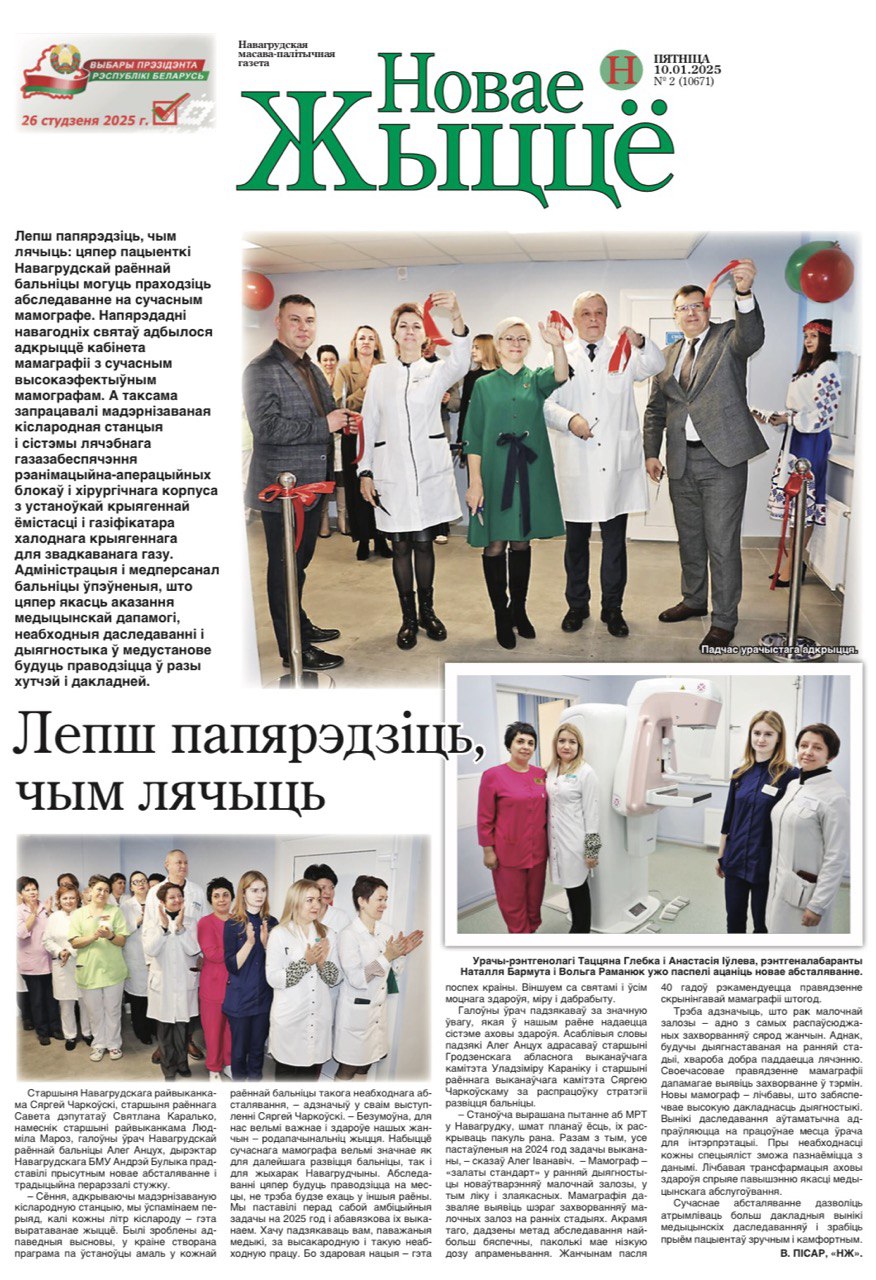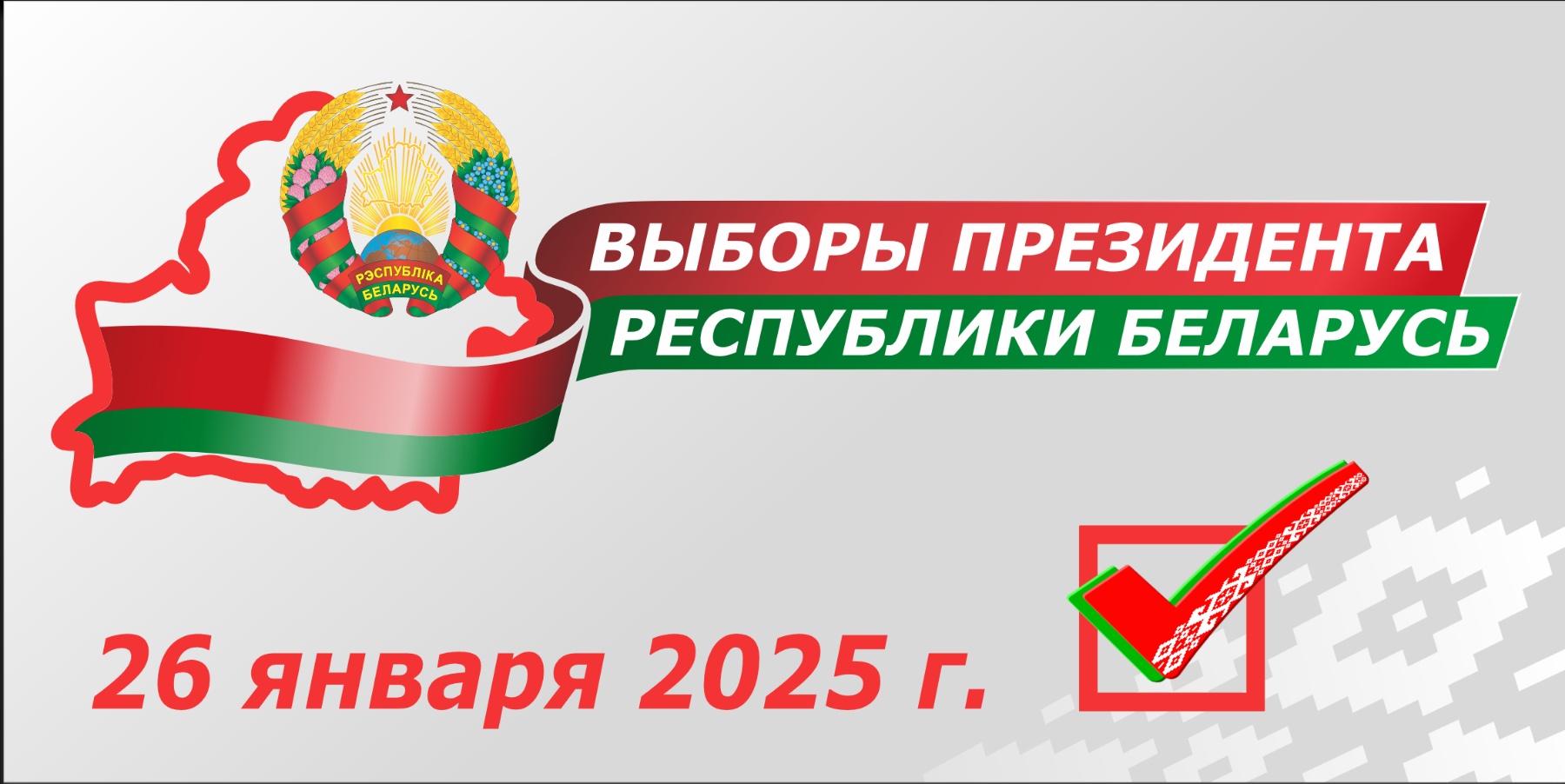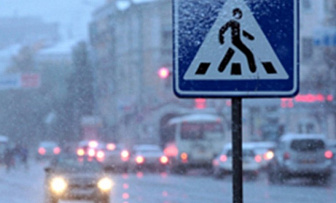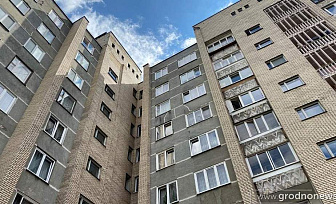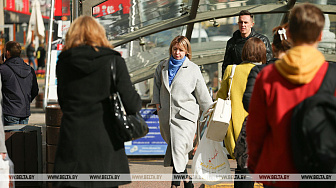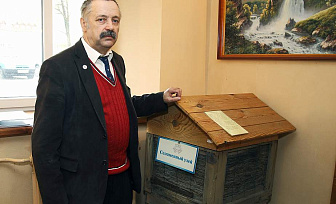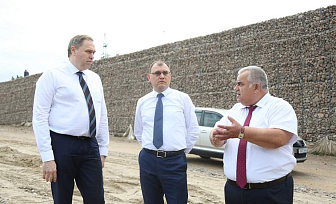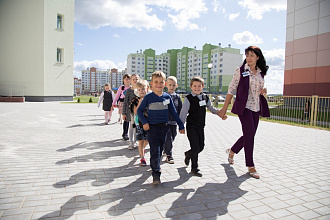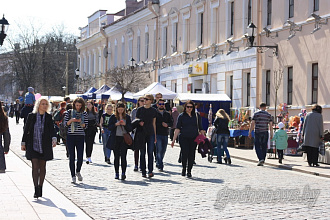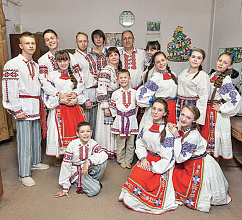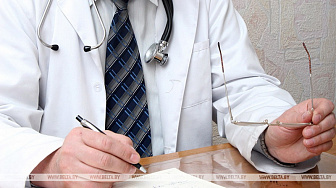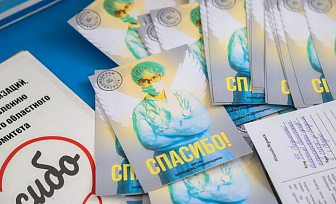Decree of the Council of Ministers of April 8, 2020 No. 208 introduced a restrictive measure in the country - self-isolation.
According to the document, it applies to those who arrived in Belarus from countries where cases of infection with coronavirus are recorded, and those who had to contact the patient. Moreover, contacts of the first level should be self-insulated for 14 days from the moment of the last contact with the patient, regardless of whether they have any symptoms of infection. Second-level contacts go to self-isolation if there is a cough, sore throat, fever, shortness of breath. You will have to follow the regimen until the symptoms disappear.By what criteria are contacts of the first and second levels determined in the decree of the Ministry of Health dated April 10, 2020 No. 36. If initially people of the first level contacts were subject to hospitalization, now they can be on self-isolation at home. A logical question arose regarding the issue of sick leave in this case, including to parents of children who became contacts of the first or second levels in a kindergarten or school. The Council of Ministers, the Ministry of Health, together with the Ministry of Labor and Social Protection, promptly regulated this moment at the legislative level by writing down an algorithm of actions.
So, for employees who are covered by state social insurance (who themselves pay contributions to the Social Security Fund or the employer does it), a certificate of incapacity for work is issued for the period of self-isolation. Even if a person does not have a cough, a fever, or other respiratory symptoms, but under the law he is obliged to self-isolate, since he is a first-level contact, they will open a sick-list. It doesn’t matter if he works in a government agency or in a private company. But the unemployed will not be issued and paid sick leave, since they do not pay contributions to the Social Security Fund.
- Such disability certificates are paid in the generally established manner: for the first 12 days - 80 percent of the average daily earnings, for the next - 100 percent, said Svetlana Kolodinskaya, the head of the social insurance department of the regional department of the Social Welfare Fund.
But there is one “but.” If a person has violated the requirement of self-isolation: went to visit, went to a cafe or just walk around the city, temporary disability allowance, according to the Resolution of the Council of Ministers No. 208, he will receive 50 percent. Everyone who is on self-isolation is aware that you can leave your house only at a pharmacy, the nearest grocery store or take out garbage. At the same time, you must wear a mask and gloves, avoid close contact with other people. Violation of the conditions of self-isolation is recorded in the certificate of incapacity for work. The resolution also states that violation of the requirements for self-isolation entails liability in accordance with legislative acts. In the appendix to the decision there is a form of requirements for compliance with the rules of conduct in self-isolation. With his signature in it, a person confirms that he is familiar with the fact that “disobedience to this requirement, failure to comply with other sanitary and epidemiological requirements entails bringing to administrative (fine up to 50 basic units or administrative arrest) or criminal (up to imprisonment) liability”.
Parents of children attending kindergarten or school under the age of 10 years old are also provided with a certificate of temporary disability if their child has become contact at the first or second level or if sanitary and anti-epidemic measures are carried out in the educational institution. This is spelled out in a joint resolution of the Ministry of Health and the Ministry of Labor and Social Protection No. 33-33. But they will not prescribe a temporary disability
allowance in connection with caring for a sick child under the age of 14, who has no signs of an acute respiratory illness, but is simply on self-isolation. A paid sick leave will be given to the parent if the child has severe symptoms of a respiratory infection.
By Anna Radiuk


